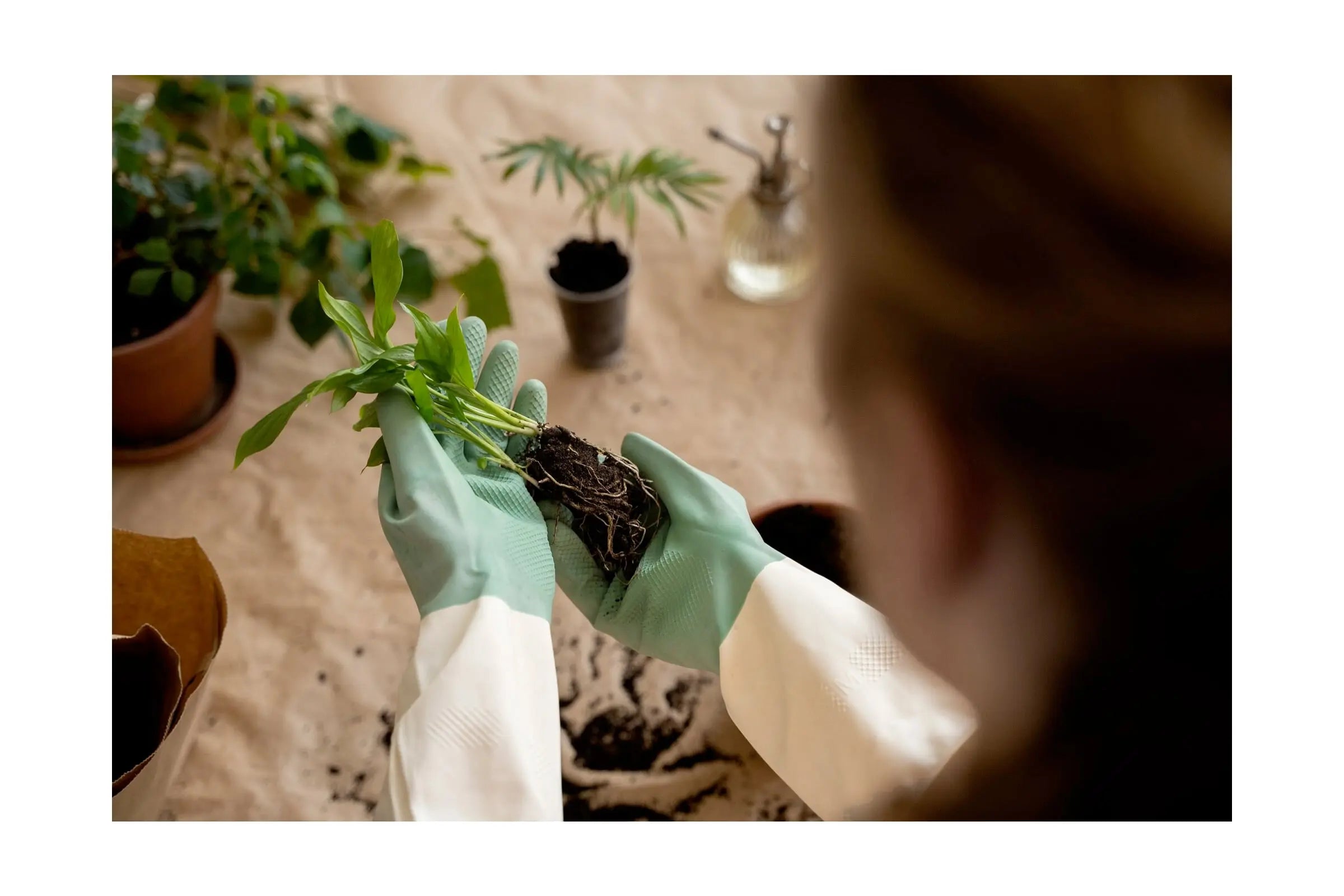Growing new plants from your existing houseplant collection through propagation allows creating beautiful greenery to fill your home or gift to others. Here are some of the top techniques for successfully propagating indoor plants.
Propagating by Seed
Many common houseplants readily grow from seed if provided good conditions. This method requires:
Viably fertile seeds - many hybrids lack reproductive material
Seed starting mix and tray
Warm spot with ambient light
Consistent moisture and humidity
Patience for slow germination
Starting seeds indoors gives you more control over the environment versus sowing them directly into pots. Transplant the seedlings once established.
Propagating by Division
Mature plants that form crowns or clumps with multiple stems can be divided into separate smaller plants. This involves:
Carefully dividing the root mass into smaller sections
Ensuring each new portion has some roots and shoots
Repotting divisions in a suitable soil mix
Providing ideal growing conditions as they establish
Many common houseplants like pothos, succulents, snake plants and peace lilies propagate well from divisions.
Propagating by Cuttings
Taking cuttings from stems, leaves or roots then coaxing them to form new roots is a common propagation technique. Steps include:
Using sterilized shears to snip 3-6 inch cuttings
Optional - dip cut end in rooting hormone
Inserting cuttings in soil or water
Maintaining high humidity as roots initiate
Succulents, coleus, philodendrons, and many other plants can grow successfully from cuttings.
Propagating by Air Layering
Air layering encourages new roots to form on a plant’s stem while still attached to the parent plant. To accomplish this:
Select a stem section and wound it slightly
Wrap the area with sphagnum moss and plastic
Once roots emerge, sever the new plant
Transplant into soil
Use this method with temperamental plants like rubber trees, crotons, and dracaenas. With a bit of plant parenting skills, propagating your own houseplants yields endless possibilities! Try these hands-on techniques to expand your indoor garden.








